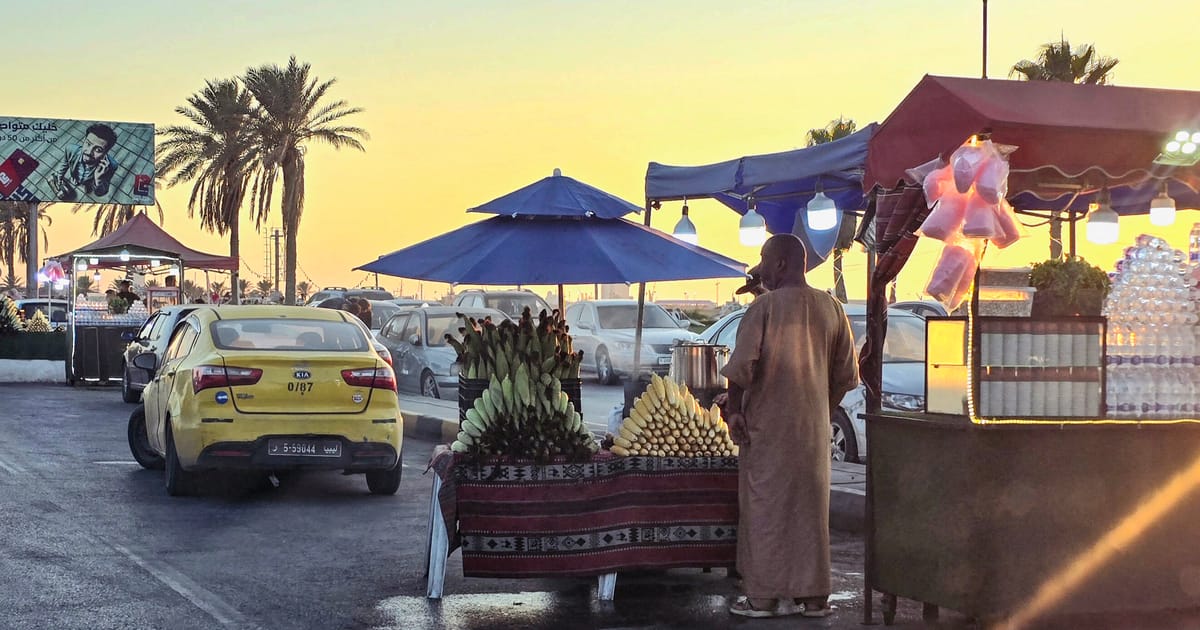

As geopolitical dynamics sharpen across the Middle East, recent developments underscore the complexity and gravity of the present situation. Multiple incidents highlight both regional instability and the profound humanitarian impact felt by civilians.
In Libya, a worrying situation unfolded involving British diplomatic staff. A gunman opened fire on their vehicle, alerting the international community to growing dangers in the region. Prime Minister Keir Starmer has been briefed, emphasizing the importance of diplomatic assurance and the safety of international personnel in volatile areas.
Meanwhile, in Gaza, the escalating conflict between Israel and Palestinian groups continues to leave a significant toll on human life. Reports reveal a devastating loss of over 58,000 lives, with a significant portion being women and children. The recent weekend was marked by high fatality rates as airstrikes reportedly targeted civilians. A tragic incident near a water collection point resulted in the deaths of at least 19 people, among them six children. Witnesses describe the harrowing scene where families were attempting to gather impractical supplies amid the chaos.
In another development, an Israeli strike on a residential area in central Gaza led to the tragic loss of nine lives, including children. This highlights the severe impact on civilian populations in conflict zones and the dire need for humanitarian aid and international dialogue. As these events unfold, the dominant narrative remains the humanitarian crisis exacerbating along with the conflict.
Across the border in the West Bank, clashes continue to exacerbate tensions. Funerals were recently held for individuals who fell victim to confrontations between Israeli settlers and Palestinians. Among those mourned was Sayfollah “Saif” Musallet, a Palestinian-American, whose family has called on international intervention to seek justice. This incident has sparked wider calls for accountability and protection of civilians in regions marked by hostility.
Adding to the regional turmoil, tensions in Syria have escalated with the Israeli military’s engagement following disputes between local Bedouin and Druze communities. Reports detail the targeting of military vehicles in the ongoing conflicts around the predominantly Druze town of Sweida. This development illustrates the fragile tapestry of alliances and enmities that characterize the Syrian landscape.
These incidents manifest the pressing need for comprehensive international mediation efforts to de-escalate tensions and ensure the protection of civilians. Continued dialogue among nations, humanitarian organizations, and local actors remains crucial. Efforts to foster peace and stability are now more vital than ever, urging both regional and global cooperation to address underlying causes and support those affected by the enduring conflicts.
Source: {link}
